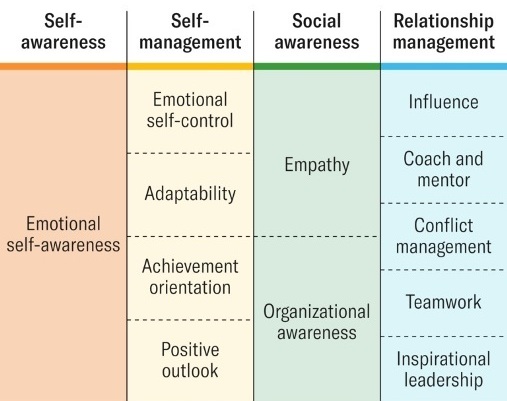Anger Management
If you find yourself getting into frequent arguments over nothing, you may need to work on your anger-management skills. Big fights often happen over something small, like dishes left unwashed, piling up in the sink, but there's usually a bigger issue burning beneath the blow-up. Before your emotions take control, ask yourself, "What am I really angry about?" Identifying the real source of frustration will help you communicate your feelings, and work towards a resolution. Once you're able to recognize early warning signs, and anticipate your trigger-points, you can take action. First of all, take a deep breath, and better still, take several more deep breaths. Deep, slow breathing helps counter rising tension levels. Slowly count to ten. Then take a final deep breath again, before going back to your argument with a calmer mind.
It's okay to be upset at someone, but if you don't fight fair, the relationship will quickly break down. Make the relationship your priority, not winning the argument. Be respectful of your partner's viewpoint. Rather than looking to the past and assigning blame, focus on what you can do in the present to solve the problem. Conflicts can be draining, so consider whether the issue is really worth all that time and energy you're putting in. Be willing to forgive, and realize that resolving conflict is pretty much impossible if you're simply unwilling or unable to forgive. If that's the case, know when to let something go, and agree to disagree. It takes two people to keep an argument going, and while you can't control anger directly, you sure can control how you respond to it. Set clear boundaries about what you will and will not tolerate, and stick to your limits.
Romantic Love & Relationships
Men in love show more activity in the visual part of the brain, while women in love show more activity in the part of the brain that governs memory. Biological scientists speculate that men have to size up a woman visually to see how well she may bear babies, while women have to observe and remember aspects of man's behavior to determine if he would be an adequate provider. Men and women are biologically wired to express love in different ways. Women often feel loved when talking face to face with their partner, while men often feel closer to their partners when they work, play, or talk side by side. In an experiment, strangers of the opposite sex were together for 90 minutes where they talked about intimate details of their lives, and stared into each other's eyes. Many felt a deep attraction for each other, and two couples married within six months. The longer and more deliberate a courtship, the better the prospects for a long marriage. On the other hand, people who have intense romances are more likely to divorce after a few years.
Romantic love typically lasts just over one calendar year, perhaps because the brain cannot maintain a state of romantic bliss. As romantic love dwindles, a more stable love sets in. To remain in love for a lifetime, therapists advise couples to listen actively, ask questions about feelings, and stay physically fit. Men are more likely to be flexible in their romantic choices, but when they want to marry and have kids, they become pickier about basic qualities.
If a man meets a woman in a dangerous situation, such as on a trembling bridge, he is more likely to fall in love with her than if he met her in a normal setting, such as in an office. Girls are more likely to fall in love if they are looking for adventure, craving to leave home, are lonely, displaced in a foreign country, or passing into a new stage of life. Women around the world are more likely to fall in love with partners with ambition, education, wealth, respect, status, and a sense of humor. Women also prefer distinctive cheekbones and a strong jawbone, which are linked to testosterone levels.
